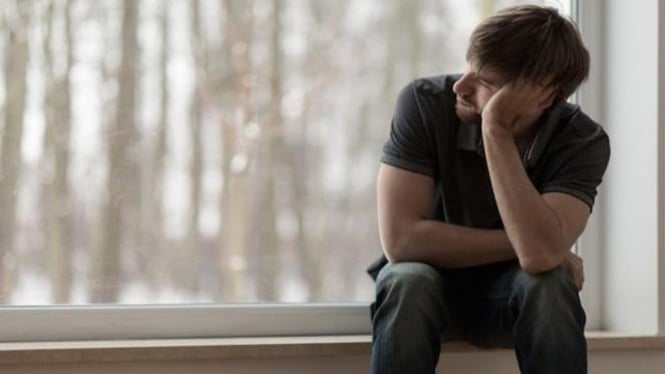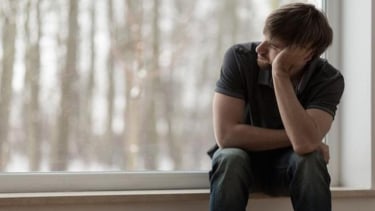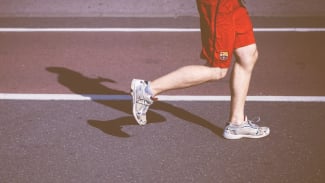Loneliness May Be Bad for the Men's Bones Health, Study Reveals
- Pixabay
Maine – Loneliness is actually not just bad for men's mental health, but it may be bad for their bones, too. This is according to a new study. While social isolation may be bad for the bone health of men, this is not true of women, the researchers found.
Dr Rebecca Mountain, of Maine Health Institute for Research in Scarborough, Maine, was the lead researcher on the study, as multiple outlets reported.
The study was presented on Sunday at ENDO 2023, the Endocrine Society's annual meeting, in Chicago, Illinois, "Social isolation is a potent form of psychosocial stress and is a growing public health concern, particularly among older adults," said Dr. Mountain in a statement.
She also said, "Even before the onset of the COVID-19 pandemic, which has significantly increased the prevalence of isolation and loneliness, researchers have been concerned about a rising ‘epidemic of loneliness,"
Ilustrasi kesepian.
- U-Report
Social isolation is associated with an increased risk for many health conditions, including mental disorders, as well as higher overall rates of illness and death.
"Previous clinical research has demonstrated that psychosocial stressors, and subsequent mental health disorders, are major risk factors for osteoporosis and fracture, which disproportionally affect older adults."
She added that the impacts of social isolation on "bone, however, have not been thoroughly investigated,"
In the study, researchers exposed adult mice to social isolation, meaning one mouse per cage or grouped housing, with four mice per cage for four weeks.
The scientists found that social isolation caused significant reductions in bone quality, including reduced bone mineral density, in the male mice but not the female mice.
The article's abstract indicated that isolated male mice had signs of reduced bone remodeling represented by reduced osteoblast numbers cells that form new bones,
osteoblast-related gene expression and osteoclast-related gene expression. However, isolated females had increased bone resorption-related gene expression, without any change in bone mass.
Dr Mountain said, "Overall, our data suggest that social isolation has a dramatic negative effect on bone in male mice, but it may operate through different mechanisms or in a different time frame in female mice."
"Future research is needed to understand how these findings translate to human populations," she added.
"Our work provides critical insight into the effects of isolation on bone and has key clinical implications as we grapple with the long-term health impacts of the rise in social isolation related to the COVID-19 pandemic."
























